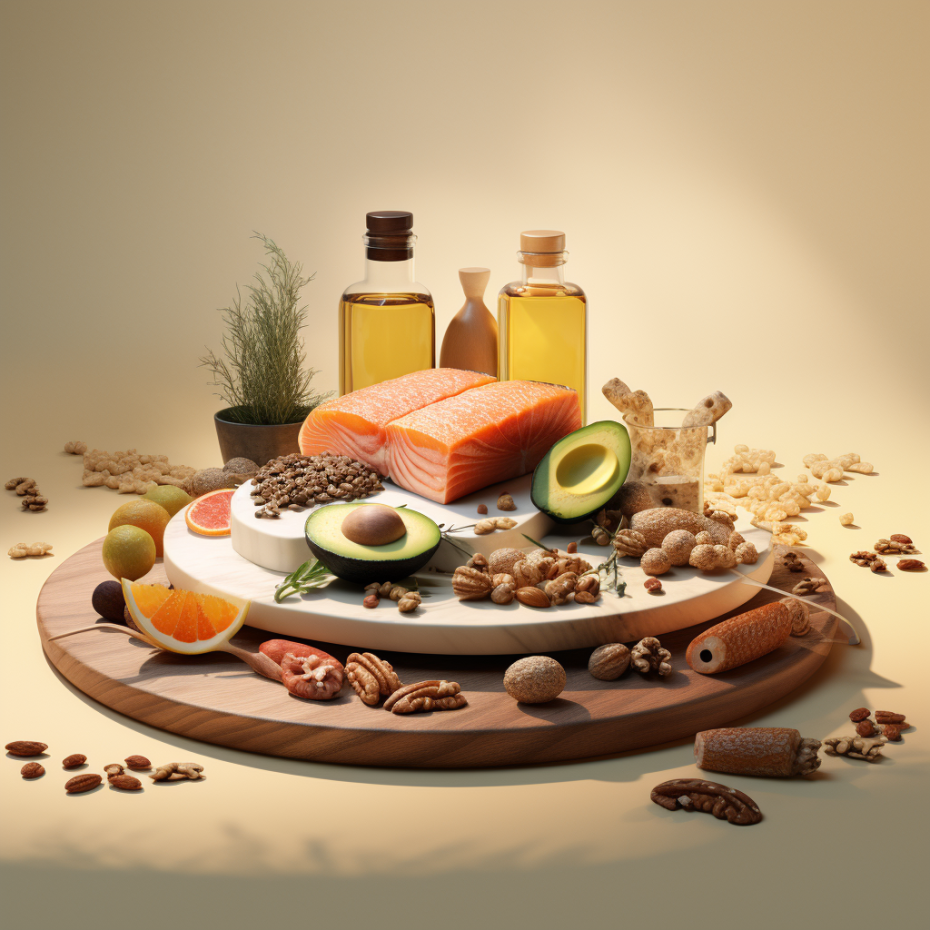The shift towards a more natural and unprocessed diet includes a critical look at the types of fats we consume. One such focus is on the benefits of Avoiding Seed Oils, such as soybean, corn, and canola oils, which are highly processed and can be detrimental to health. This blog explores three significant advantages of eliminating these oils from our diet: reducing inflammation, enhancing heart health, and improving nutrient absorption.

1. Reducing Inflammation
One of the primary benefits of Avoiding Seed Oils is their role in reducing inflammation. These oils are high in omega-6 fatty acids, which, in excess, can contribute to chronic inflammation. Chronic inflammation is a root cause of numerous health issues, including arthritis, heart disease, and metabolic syndrome.
Seed oils are often chemically processed, which can lead to the oxidation of omega-6 fatty acids, further exacerbating inflammatory responses. By contrast, incorporating natural fats like organic butter or animal fats, which have a more balanced omega-6 to omega-3 ratio, can help maintain an anti-inflammatory state in the body. This balance is crucial as omega-3 fatty acids, found abundantly in foods like grass-fed beef and eggs, are known for their anti-inflammatory properties.
2. Enhancing Heart Health
Avoiding Seed Oils can also have a positive impact on heart health. Despite the common belief that these oils are ‘heart-healthy’ due to their unsaturated fat content, recent research suggests otherwise. The excessive omega-6 fatty acids can contribute to the development of plaque in the arteries, leading to atherosclerosis, a significant risk factor for heart disease.
Incorporating healthier fat sources like olive oil, coconut oil, or fats from grass-fed animals can improve lipid profiles. These fats contain higher amounts of monounsaturated and saturated fats, which are more stable and less likely to contribute to arterial plaque formation. Furthermore, they do not undergo the high levels of processing that seed oils do, retaining more of their natural, beneficial properties.
For more information why red meat is needed in your diet, check out our blog here.


3. Improved Nutrient Absorption
Fat is a crucial component for the absorption of fat-soluble vitamins such as Vitamins A, D, E, and K. Avoiding Seed Oils and instead choosing natural, unprocessed fats can enhance the body’s ability to absorb these vital nutrients. Seed oils, due to their processing and composition, may not facilitate the optimal absorption of these vitamins.
Moreover, natural fats found in products like raw milk, organic meat, and butter are not only beneficial in vitamin absorption but also contribute essential fatty acids that are integral to health. These include but are not limited to conjugated linoleic acid (CLA) and butyric acid, which have been linked to reduced cancer risk and improved gut health, respectively.
In conclusion, Avoiding Seed Oils and embracing natural, unprocessed fats is a key step towards improved health and wellbeing. This approach aligns with our ancestral dietary patterns, focusing on whole, unaltered foods for optimal nutrition and health.